Those first few days at home with your baby will probably be a bit of a blur – a non-stop mix of nappies, night feeds, nerves and new experiences. It’s an exciting time, but you might well be feeling tired, emotional and even a little weepy. Remember, it’s baby steps for both of you. You’ll quickly get the hang of looking after your little one, but it’s important to remember to look after yourself, too. So, say yes to any offers of help, remember to eat, and drink lots of water to stay hydrated. Read on for more tried and tested, straight-talking tips for new parents.
Top tips from parents
Tip #1: Ask friends and family
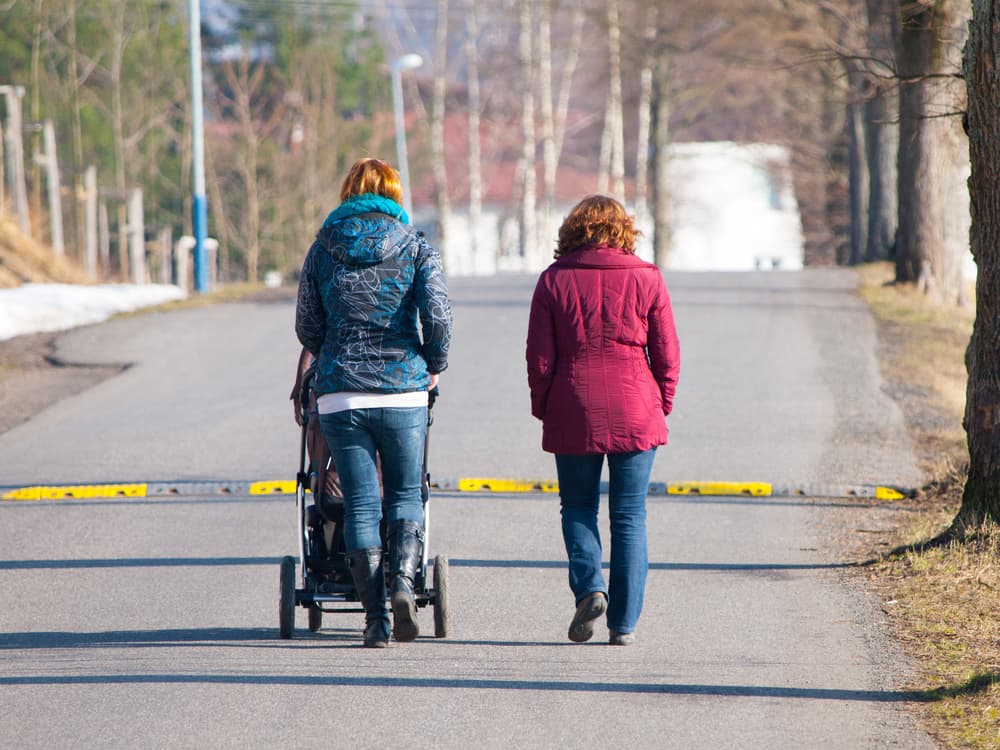
Don’t be afraid to ask friends and family for help – whether it’s doing the shopping, or helping with the house work, you’ll be surprised at how many people are just waiting to be asked.
Tip #2: Be good to yourself
Be good to yourself. A healthy diet and a bit of gentle exercise can do wonders for your mood and how you cope with stress. A little break like going for a walk, treating yourself to a gossip mag, or having a bath can make you feel so much better about everything.
Tip #3: Don't worry
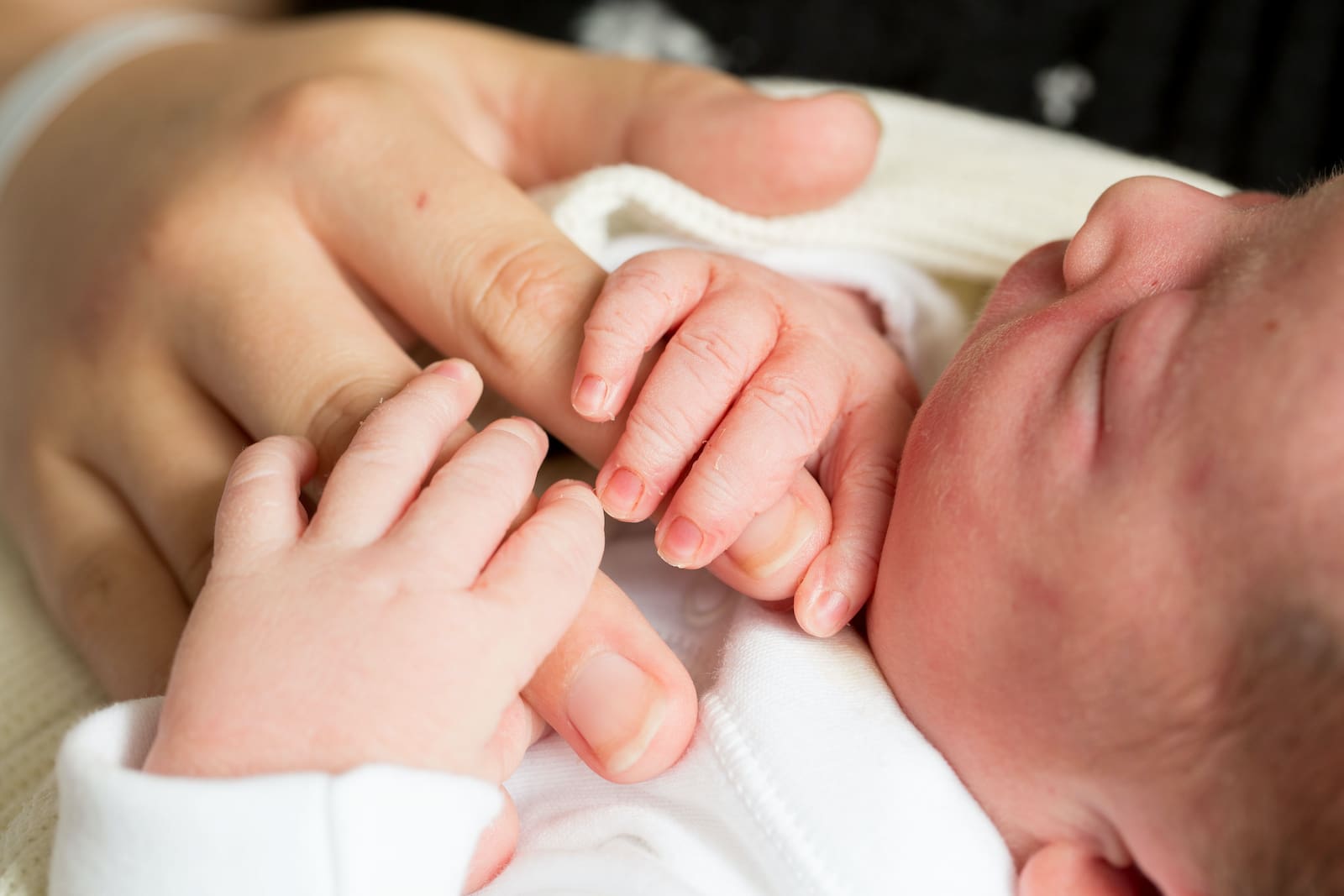
Don’t judge yourself. It’s not always easy being a parent, and nobody expects you to be perfect. Like everything in life, taking care of your baby will get easier with practice, and your confidence will soon grow.
Tip #4: Ask for help
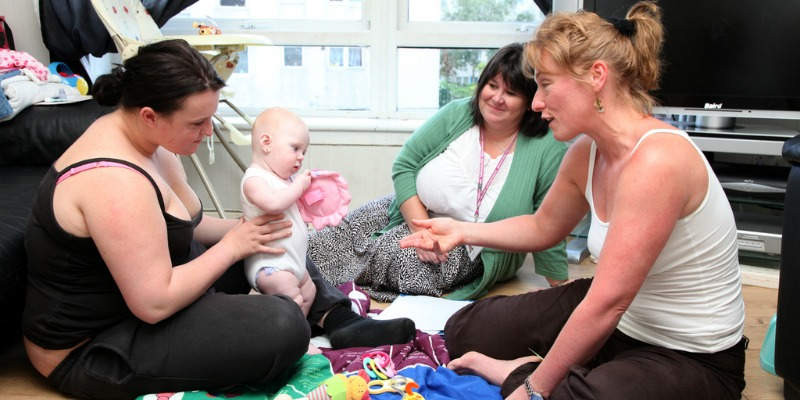
Keep talking to the people you trust around you. Your midwife, health visitor, and your family and friends will want to help make things better for you, so don’t suffer in silence.
Tip #5: Support groups
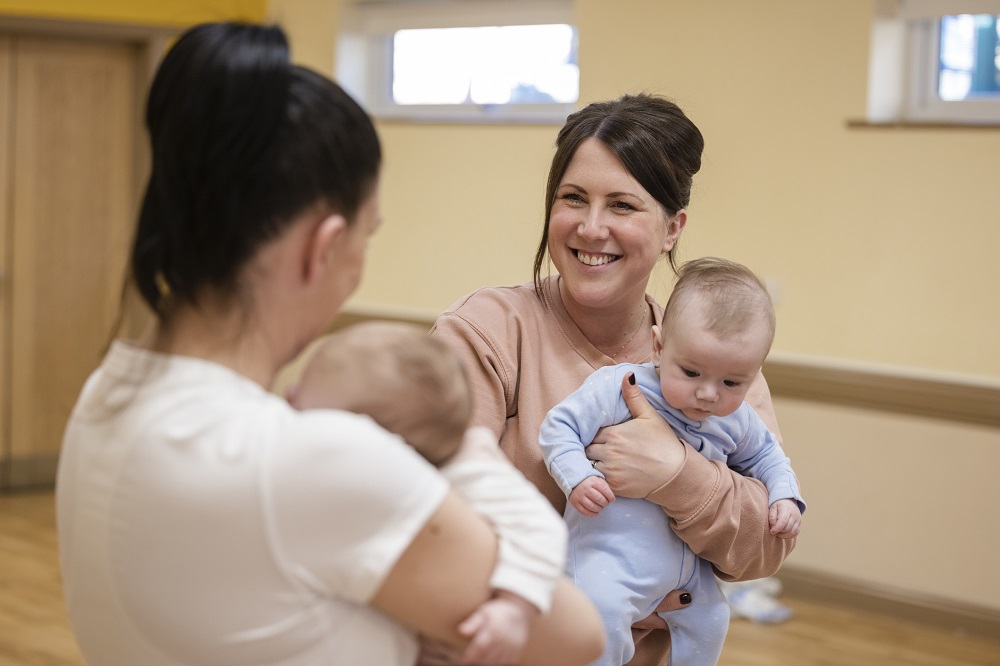
Think about joining a support group. They can be a big help, as it’s a chance to meet parents who are going through the same things as you. There are all sorts of groups out there, from breastfeeding groups, to multiple birth clubs, helping new parents cope with postnatal depression, and even groups for playdates.
You could ask your health visitor or GP about groups in your area, or check noticeboards in your local child health clinic, health centre, GP's waiting room, children's centre, library, advice centre, supermarket, newsagent or toy shop. You may also be able to find local groups on Facebook.
Tip #6: Little and often
Try to mirror your wee one's sleep. If they're safely in their cot for a nap during the day, catch up on some sleep yourself – even if you think you have loads of other things to do. You and your baby are what’s important. And when it comes to sleeping, little and often can go a long way.
Tip #7: Make time to relax
Make time to relax. A deep relaxation technique can help you get to sleep faster. Count to five as you breathe in, hold the breath for three counts, and then take a long, slow ten count as you breathe out. As little as five or ten minutes of deep relaxation like this can help you unwind before bed and improve your chances of getting a better sleep.
What the professionals say
"All new mums and dads will need some extra support from friends and family when they first get home. Families are most helpful when something needs to be done. Don’t be afraid to ask if they don’t offer. It might be some food shopping, a load of washing, or just tidying up. More often than not they’ll enjoy feeling useful."
"When your little one is really small, it's normal for everyone's focus to be on them. It's really important to keep your own needs in mind too. Just getting some 'me time' can give you the breathing space you need - whether it's meeting another parent for coffee, asking someone to babysit, or having a relaxing bath before bed. When you can, take up offers of help from other people even if it’s just help with little chores around the house. Support, rest and relaxation will be good for you and your baby as you grow together.”
"Exhaustion can make you feel like it's even harder to cope, especially when things aren't going as you had planned. Please remember that this will pass. A lot of new parents we speak to share the same feelings – this is a completely normal way to feel. If it doesn't fade, make sure to speak to your GP, health visitor, or midwife. They're there to support you and give advice to help make life a little easier."
"Speak to people – it's incredibly important to get help if you are feeling low and in actual fact if you are very low and struggling to speak to your GP, maybe a partner or someone close to you could pick up the phone and make that initial contact. It's really important to put yourself out there and get help as there's lots of it available."
Common questions newborn parents have
What can I do if I'm feeling a bit depressed or anxious?
Depression and anxiety are common, but some mums try to hide how they feel because they worry that people will think they aren’t coping with their baby. Everyone needs some help from time to time. Your GP or health visitor will do all they can to support you and your baby together.
In the first few days after the birth, you and your new baby are getting to know each other, and there’s a huge amount to take in. Caring for a new baby can be exhausting, and it’s perfectly normal to feel a bit down after the birth. For helpful advice on how to cope with tiredness, changes in your body, relationships, and how you might be feeling, you can also visit Ready Steady Baby.
How do I know if it's postnatal depression or not?
Having a baby is a big change, and most of us will go through some ‘baby blues’ as we adjust to it. Postnatal depression lasts longer than this, and you can feel it a number of different ways. If you’re feeling lonely, sad or guilty, for example, you may be going through postnatal depression.
If you think you’re experiencing postnatal depression, or have struggled with mental health in the past, have a word with your midwife, health visitor or GP so they can get you the support you need.
How can I cope with the tiredness?
There’s one thing all new parents have in common and it’s that they all feel exhausted. Not only is having a baby a life changing experience, but your newborn’s sleep patterns can be erratic and they might only be sleeping for a couple of hours at a time. It’s also normal that they’ll want feeding at night. The best you can do is get sleep when your baby sleeps, rather than expecting one long sleep.
A bit of gentle exercise and a good diet will help you feel better not only because you’re putting good fuel in your body but a change of scene can help calm your baby and make you feel better too.
Will my relationship with my partner change?
When you welcome a baby into your life, it can be tricky to balance the wee one’s needs with everyone else in the family. Dealing with your own feelings isn’t always easy either.
In theory, having a baby should bring you and your partner closer. In reality, it can strain the best of relationships. You can both be tired, feel that your world has been turned upside down, and it’s not unusual for partners to feel ‘left out’. That’s why it’s important to try and keep communicating about how you both feel, and help each other to look after the baby together.
What's the best way to cope with being a single parent?
If you're bringing up a baby on your own, don't be afraid to ask for help. Being a new parent can be tough for anyone, so talk to your family and friends, and let them know what you need. Other single parents can also be a great source of support, especially if their circumstances are similar to yours. It can be really helpful to chat to someone who understands the emotions, and the challenges, you might be facing. Your midwife may be able to put you in touch with someone.
One Parent Families Scotland is an organisation which provides a range of support designed to support lone parents. You can call the helpline on 0808 801 0323 or visit the One Parent Families Scotland website.
How long should I wait before getting back to exercise after I've given birth?
Your first few weeks after birth can be exhausting – both physically and emotionally. No matter what kind of labour you experience, your body will have been through a lot and needs time to recover. Don’t race back to exercise – it’s always best to speak to your health visitor or GP first, to tell them how you’re feeling and discuss an exercise plan.
When can I have sex again?
You can have sex as soon as you’re ready. Your body might take time to recover, and you might not be ready emotionally for a while, so don’t rush it. Keep talking to your partner about how you feel, and when you are ready your GP will help you find the right contraception solution. There’s more information on sex after you’ve given birth and contraception here.
More information
If you’d like to read more about postnatal depression, you can visit the Ready Steady Baby website.
Or, if you’re worried that you or a family member might be suffering from postnatal depression, call your midwife, GP or NHS 247 on 111.
 Activities & Play
Activities & Play Behaviour
Behaviour Childcare
Childcare Development & Growing Up
Development & Growing Up Family, Friends & Relationships
Family, Friends & Relationships Feeding Your Baby
Feeding Your Baby Food & Eating
Food & Eating Health & Safety
Health & Safety Mental Health & Wellbeing
Mental Health & Wellbeing Money & Work
Money & Work Online Behaviour & Safety
Online Behaviour & Safety Pregnancy & First Days
Pregnancy & First Days School & Education
School & Education Sleep
Sleep

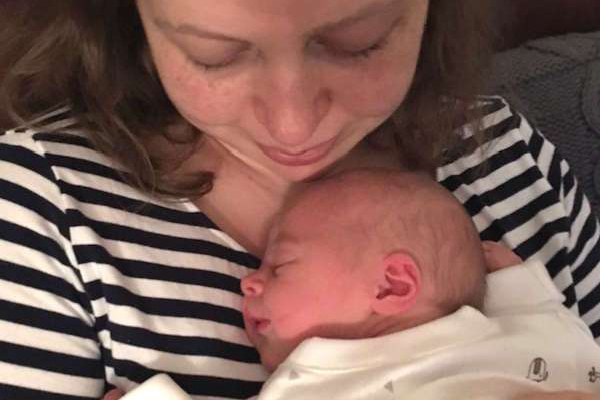
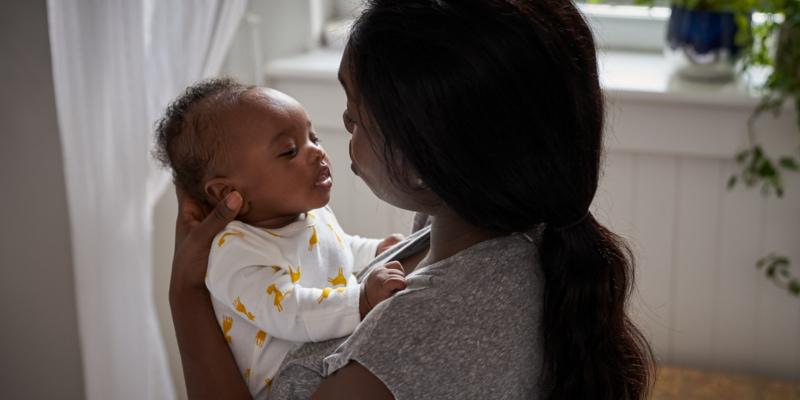
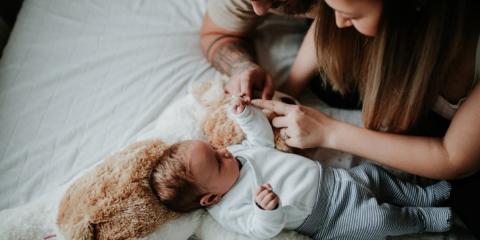
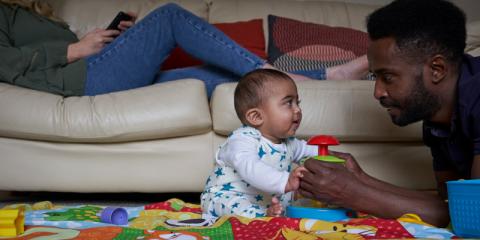

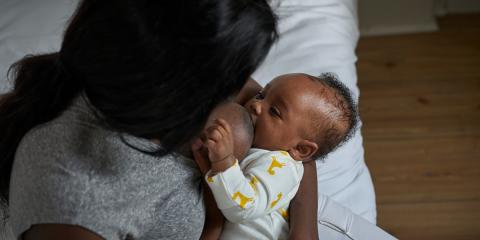
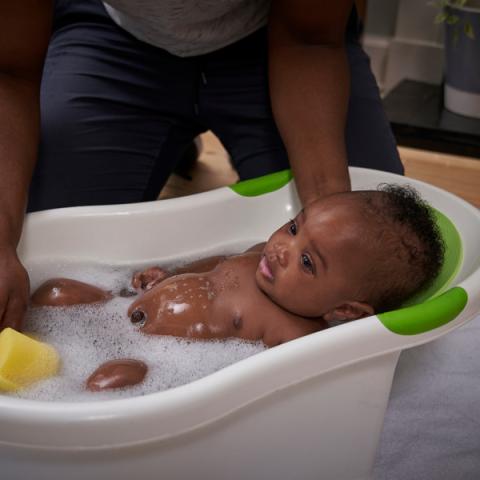
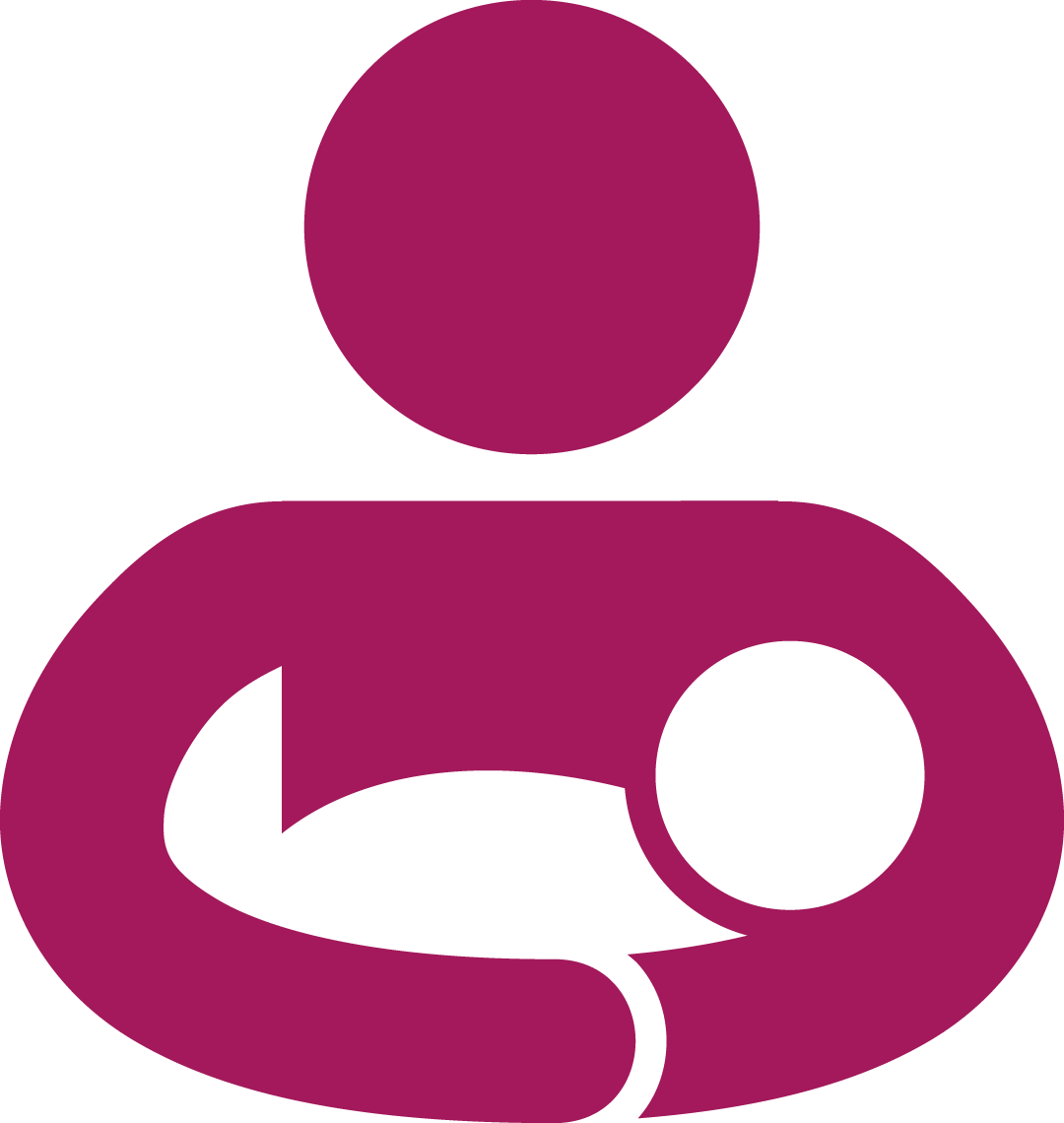 Feeding Your Baby
Feeding Your Baby
 Sleep
Sleep